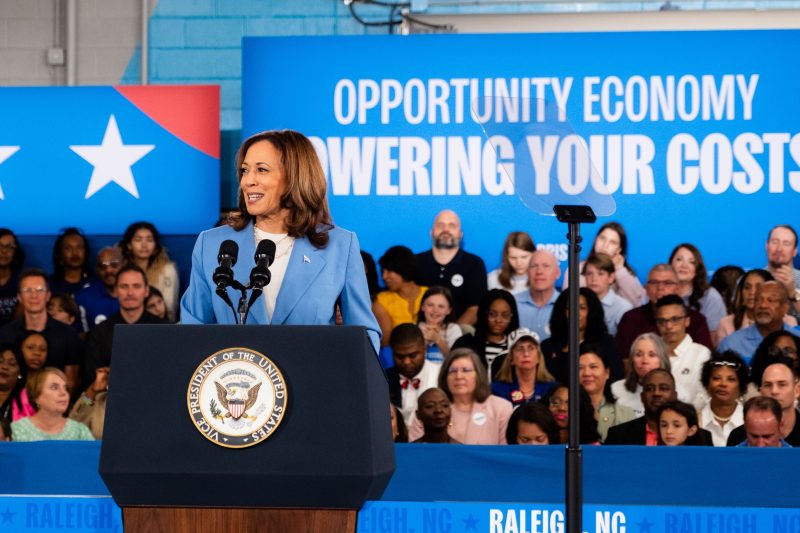
Why Kamala Harris believes America’s Home Shortage is a Unique Challenge
Kamala Harris, the Vice President of the United States, has recently shifted the spotlight to a pressing issue – the housing crisis in America. The core of her proposal, which might seem straightforward yet ambitious, is that America requires more homes. For some, her stance might seem like a reiteration of an age-old problem without a novel solution. However, it’s the way Harris approaches the case, with a fresh perspective and a deep-seated connection to the issue, that sets her argument apart.
Kamala Harris was born and raised in Oakland, California, a city that has long suffered from a chronic scarcity of affordable housing. However, it’s not just her connection to her hometown that makes her argument stand out. It’s the acquainted understanding of the problem, its root causes, social implications and the potential solutions that add gravitas to her statement.
Three major forces have converged to create the housing crisis in America. The first is the increasing population that naturally creates a demand for housing. Second, and arguably the biggest culprit behind the crisis, is income inequality. The sheer disparity of earnings makes affordable housing out of reach for many. Lastly, regulation barriers have constrained developers from creating more housing units, thereby exacerbating the existing crisis.
According to Harris, America’s housing shortage has drastic implications that extend far beyond people’s ability to find shelter. She points out that limited access to affordable housing directly impacts the education system, healthcare provisions, and impairs economic mobility. It hampers the ability of families to absorb financial shocks, like unemployment or sudden illness, pushing them further into poverty.
Harris approach differs from previous administrations by integrating affordable housing to economic growth and prosperity. She believes that more homes would lead to increased consumer spending, provide numerous jobs, and spark economic growth. Moreover, her argument stands out in the way it links the housing shortage issue to racial and economic inequality, providing a nuanced policy perspective.
The proposed policy solutions, advocated by Harris, to tackle America’s persistent housing crisis are both pragmatic and forward-thinking. Contrary to the typical means of purely public housing projects, her approach suggests a balance of regulatory reforms, incentives for private developers, and fortifying public housing programs.
First, Harris believes in lifting bans on certain types of housing like duplexes and apartments which could increase the overall supply of affordable homes. Second, she calls for incentivizing private developers to construct more affordable homes, encouraging a balance between profitability and social responsibility. Lastly, she wants to strengthen federal housing

